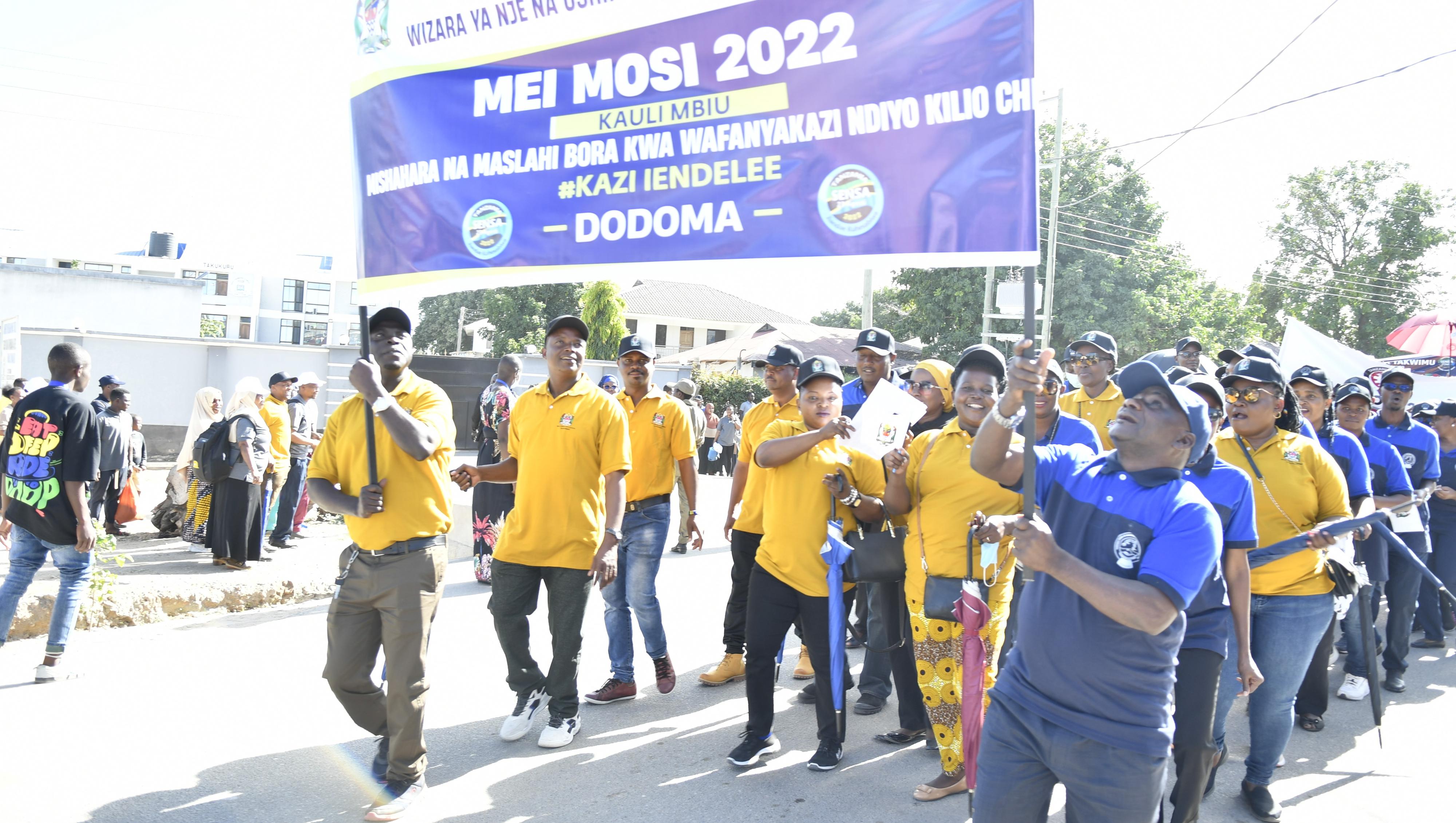Learning and sharing: How hubs are transforming civil society operations

What you need to know:
- The hubs offer these groups basic information about registering and running a CSO, as well as technical knowledge in specific areas such as governance, accountability, compliance, and NGO best practices.
As an umbrella organisation working with many CSOs, the Foundation for Civil Society (FCS) opened up two resource centres in Tanzania – the Civil Society Resource Centre (Kituo cha Azaki) located in Dodoma and the Zanzibar Civil Society Resource Centre located in Zanzibar. As hubs, these centres focus on information, knowledge, and strengthening the collaboration among all sector stakeholders like local community CSOs, policy-makers, private sector, academic and research institutions, government officials, the international community, citizens, etc.
The centres have an equipped library that is open to all CSOs and stakeholders. Published research, books, written articles, and computers are all available for use at the centre. FCS staff are available to meet with and assist CSOs and sector stakeholders in an advisory role.
The centres have been open for two years now and serve a wide area including surrounding regions. A big focus of the resource centres is on moving towards a digital direction. As a unique feature, the resource centre has a digital system and database that houses all materials found in the library and that is accessible to all CSOs. In Zanzibar, the database also has information on all CSOs that have registered themselves with the resource centre.
Very often the locals who start CSOs to solve problems in their community, do not have all the resources they need to accomplish the work they set out to do. Among the resources they often lack is access to basic and technical information about the work they are about to begin or are already involved in.
The hubs offer these groups basic information about registering and running a CSO, as well as technical knowledge in specific areas such as governance, accountability, compliance, and NGO best practices.
The centres also connect CSOs to experts in the field and researchers interested in working with CSOs through monthly dialogues and experience-sharing events that happen at the centre. In addition to this, university students are also given the opportunity to explore the sector through internships and event attendance.
Internship programmes connect CSOs with interns who are interested in using their skills to serve the community through the CSO. The staff visits colleges and universities to raise awareness about the centre and to recruit interns.
The resource centres also play a key role in fostering collaboration and networking among CSOs. By providing a space for CSOs to come together and share experiences, knowledge, and expertise, resource centres help build strong and effective networks of CSOs that can work together to advance common goals and interests.
Through these networks and collaborations, CSOs can learn from each other, share best practices, and build collective power and influence. Strengthening the collaboration between CSOs and the government is a big focus of the centres.
In a former campaign, Kituo cha AZAKI partnered with government departments to ensure compliance with registration and taxes by visiting different parts of the country and conducting Compliance Clinics in which the centre and designated government departments educated groups of CSOs about what is required of them by the government.
The centres also work closely with the Registrar of NGOs to ensure any changes in regulations are quickly communicated to all the CSOs.



